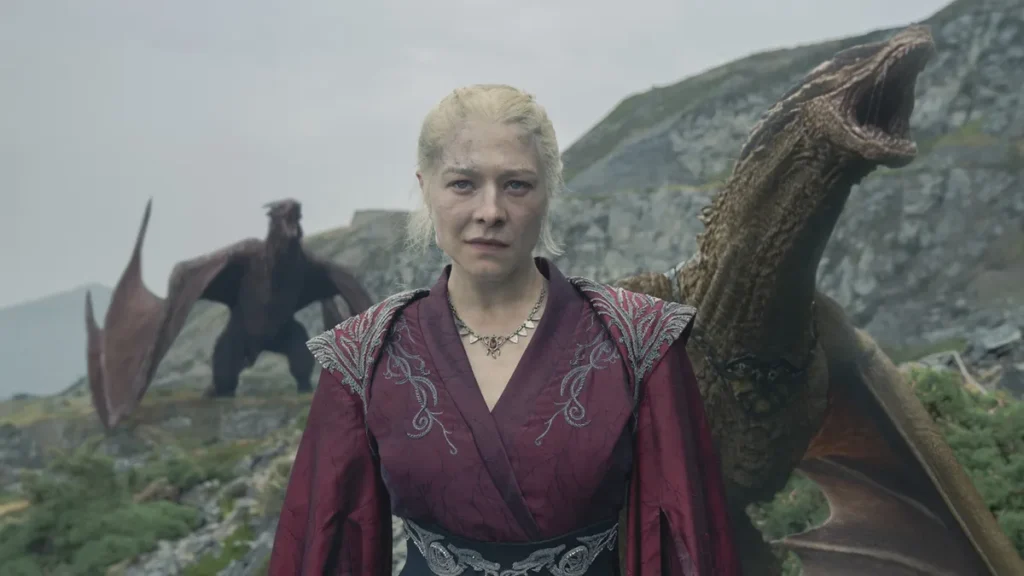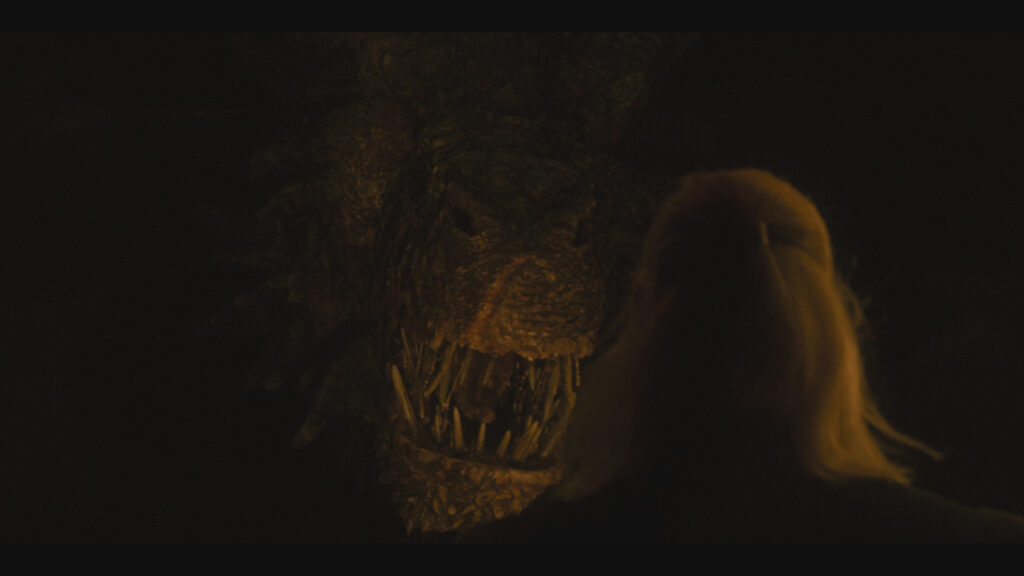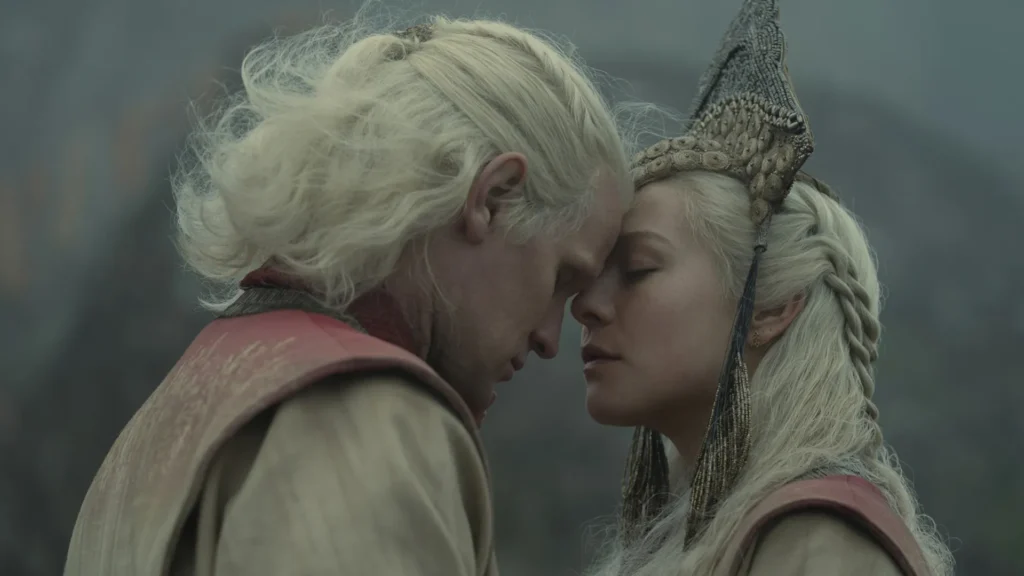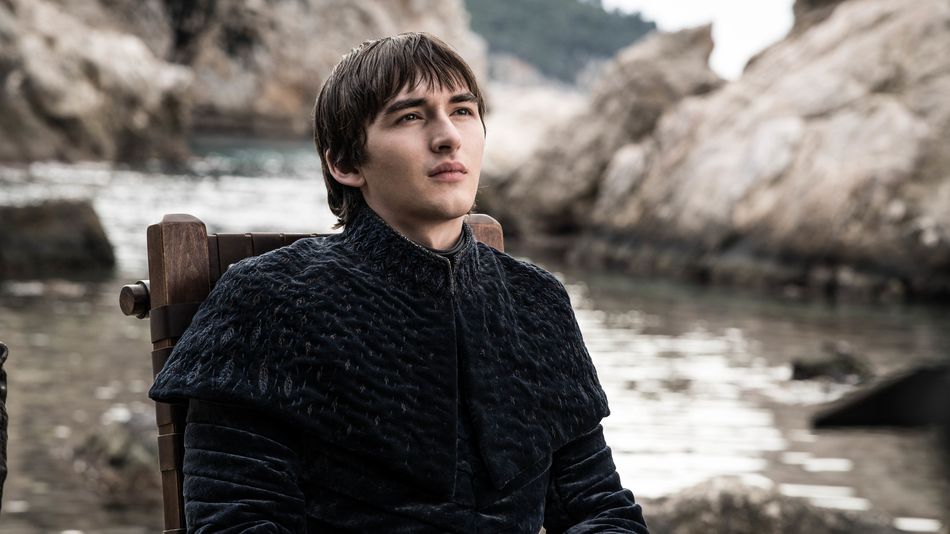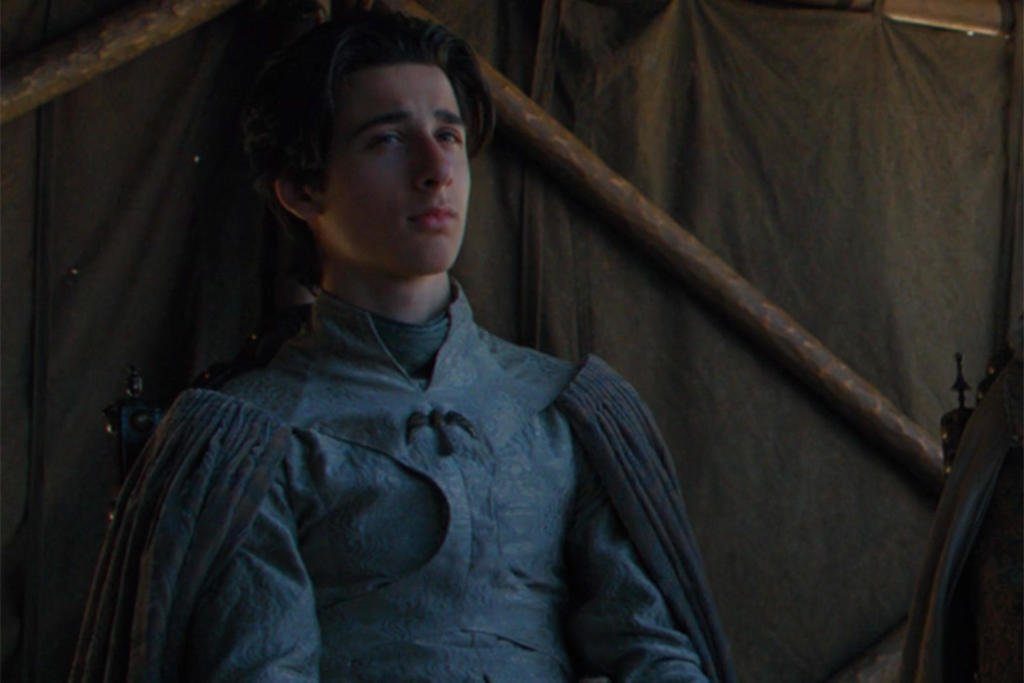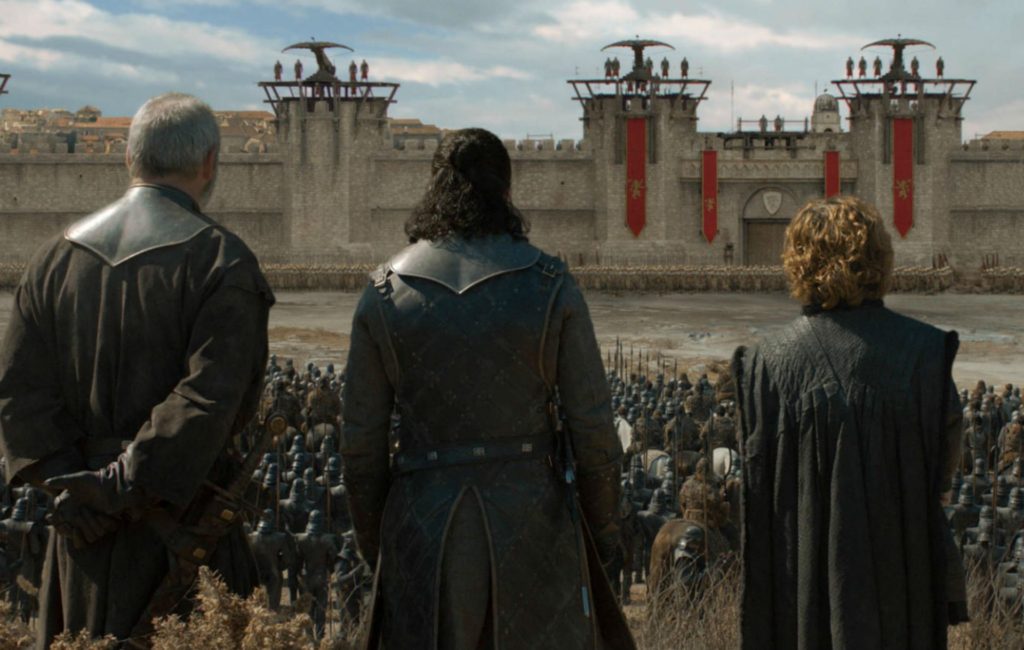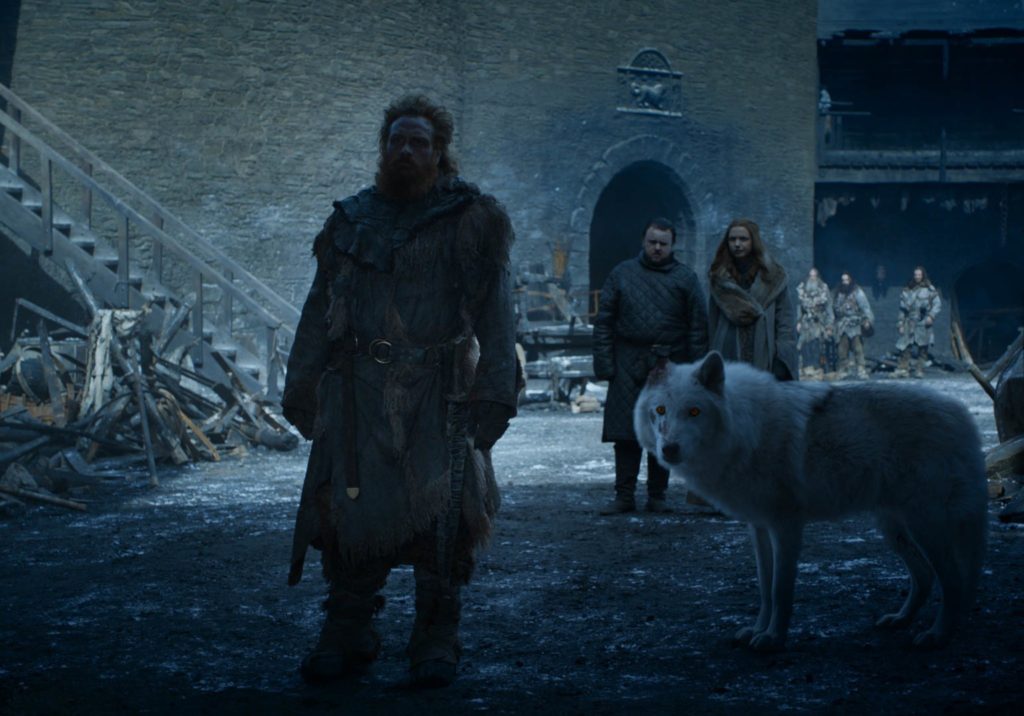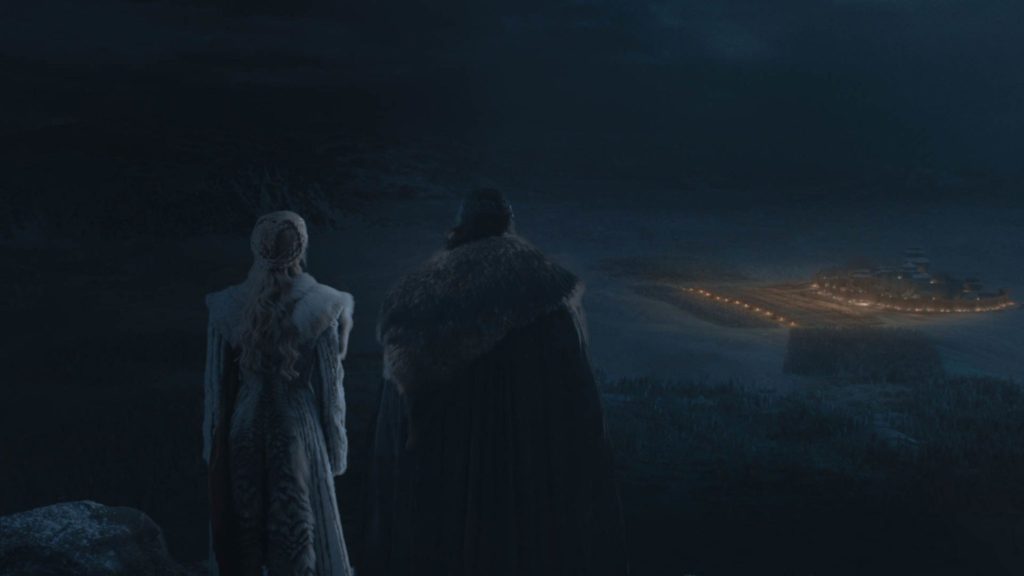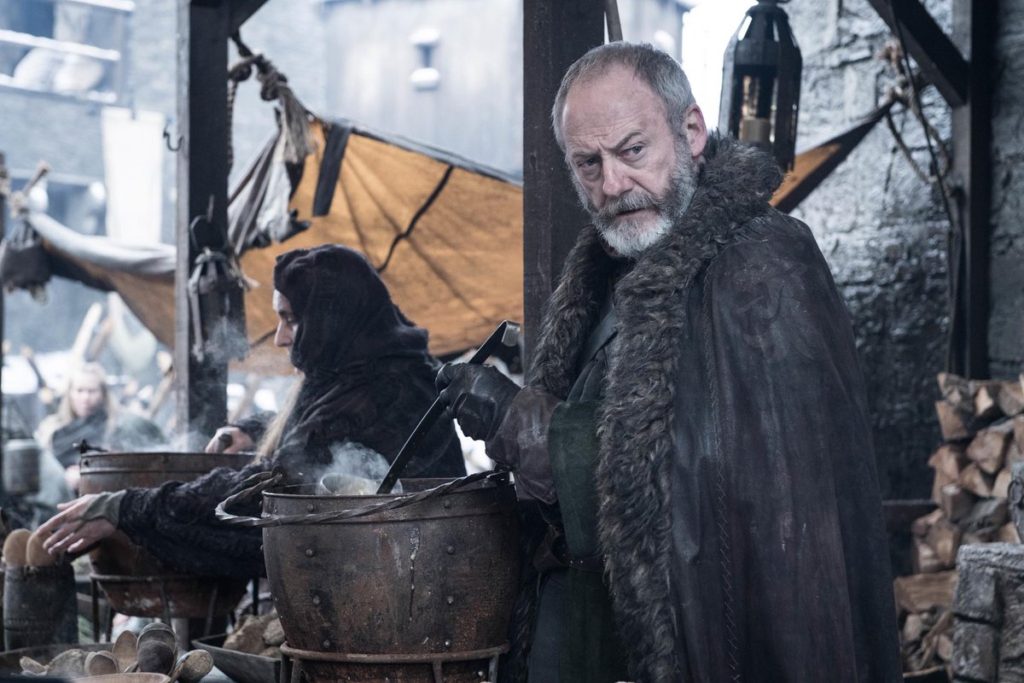House of the Dragon’s second season tethers itself too closely to its meager source material
Written by Ian Thomas Malone, Posted in Blog, Game of Thrones, Pop Culture
Game of Thrones faced a gargantuan challenge in adapting an unfinished book series with thousands of pages of material, an unwieldly balancing act it handled spectacularly, at least until the last two seasons. House of the Dragon essentially faces the opposite problem, with its meager source material that needs to be stretched out into four seasons. The book Fire & Blood is essentially cobbled together from two novellas originally published in anthologies, The Princess and the Queen and The Rogue Prince, as well as the coffee table book The World of Ice and Fire.
You can read the entire tale of the Dance of the Dragons in a single sitting. There are certain challenges in adapting such scant offerings, but also plenty of advantages. The characters that make up the opposing sides of House Targaryen, the Blacks and the Greens, are essentially blank slates for the show to define on its own terms in ways that couldn’t be true for beloved book characters such as Jaime Lannister or Jon Snow. The only trouble with making House of the Dragon its own thing is the presence of George R.R. Martin amidst HBO’s broader landscape to milk the A Song of Ice and Fire franchise for all it is worth.
George R.R. Martin wrote The Princess and the Queen as part of the Dangerous Women anthology he co-edited in 2013 with his beloved friend Gardner Dozois, who passed away in 2018. The cover of the book includes a promo noting that the collection contains an all-new Game of Thrones novella. The 2018 release of Fire & Bloods expands the peripherals a bit, but there is a fundamental reason for the fast pacing of the novella. Though the Dance itself has been referenced numerous times within the mainline series, the novella exists largely to help sell an anthology that George R.R. Martin enjoyed working on with his buddy.
There is no real inherent reason that House of the Dragon must maintain such a rigid devotion to its source material, other than perhaps the idea that deviation might anger its creator, who is prominently featured in the credits. There are plenty of reasons why one might think it’s actually a good idea to change things up. A single novella is not exactly meant to carry multiple seasons of a television show. The show burned through its other source material, The Rogue Prince, published in 2014 as part of the Rogues collection put out by Martin and Dozois, halfway through the first season, hence the awkward timeline.
A show might consider it a bad idea to sideline Daemon Targaryen (Matt Smith) to his hallucinations in Harrenhal for an entire season. A show might consider it a bad idea to kill off a sympathetic character like Rhaenys Targaryen (Eve Best) in episode four of its second season. A show might consider a bad idea to spend an entire second season on build-up after it spent its first season building up two mostly separate casts. The early demise of Kingsguard twins Erryk and Arryk Cargyll (Elliott and Luke Tittensor) wasted valuable screentime with a meager payoff. At least Rhaenys died in the season’s best sequence.
House of the Dragon is needlessly chained to its flimsy source material, a poorly paced slog that would do well to break free from the timeline of the novellas it remains haplessly devoted to. Prestige television takes years to make. You can’t expect viewers to wait years for a full season of exposition when most of them could read the entire novella within the runtime of a single episode.
The few substantive deviations from the source material have turned out pretty well for the show. Reuniting Rhaenyra (Emma D’arcy) and Alicent Hightower (Olivia Cooke) produced two of the season’s best sequences. The show’s bizarre devotion to the novella’s timeline hindered the season from spreading its wings after an uneven but compelling freshman effort.
As its title suggests, dragons are a large part of the show’s appeal. The CGI for the dragons has been spectacular, particularly during the battle sequences. Season two spent a large chunk of its time building up The Sowing, where four of the six riderless dragons living on Dragonstone, occupied by the Blacks, received riders. The show did a very good job spreading out the action, first building up Addam of Hull (Clinton Liberty) and Seasmoke in episode six before giving Vermithor and Silverwing new riders with Hugh the Hammer (Kieran Bew) and Ulf the White (Tom Bennett), with Sheepstealer teased for next season, presumably bonding with Rhaena Targaryen (Phoebe Campbell), replacing Nettles from the novella.
These four characters will all play important roles in the rest of the series. It’s hard to really make the claim that season two introduced them all that well. Hugh and Ulf received scant attention for the first half of the season, not making much of an effort to define their personalities until the final episode of the season, where their lowborn crassness was seemingly ratcheted up to put them in conflict with Jacaerys Velaryon (Harry Collett). Though the show has a huge cast, it spent the whole season keeping its leads in a bizarre holding pattern, leaving piecemeal for the newer, also important characters.
None of this is particularly excusable. House of the Dragon knew precisely which characters would be important. Vermithor made his debut in last season’s finale, serenaded by Daemon, only to be treated as an afterthought for much of season two. Season one had twelve episodes. Season two only has eight, an arbitrary number ill-suited for the show’s unwieldy cast and complex narrative.
One might expect a showrunner to look at the many pieces of the Dance of the Dragons and arrange them in a way that fits a four-season narrative. Not House of the Dragon. This show is so hellbent on following George R.R. Martin’s timeline that it forgets to be engaging television. The space between last season’s Dance over Shipbreaker Bay and the Sowing amounts to a handful of pages of the novella, hardly the best outline for a full season of television. Game of Thrones made plenty of changes from its source material. It’s not as if House of the Dragon hasn’t made a few of its own, but its sluggish pacing is an unfortunate, preventable lapse in judgement. One of the most exciting chapters in A Song of Ice and Fire lore has no business being this boring.





